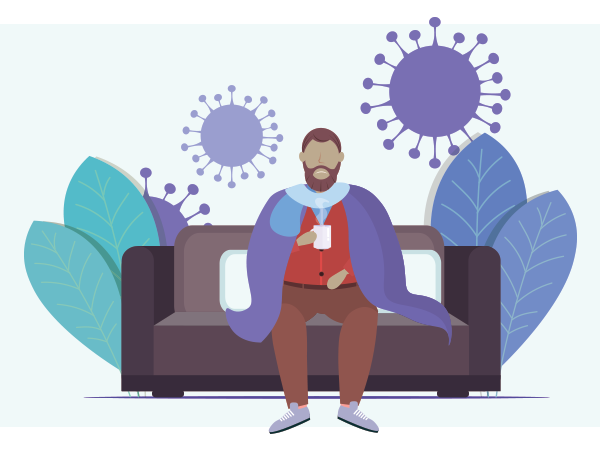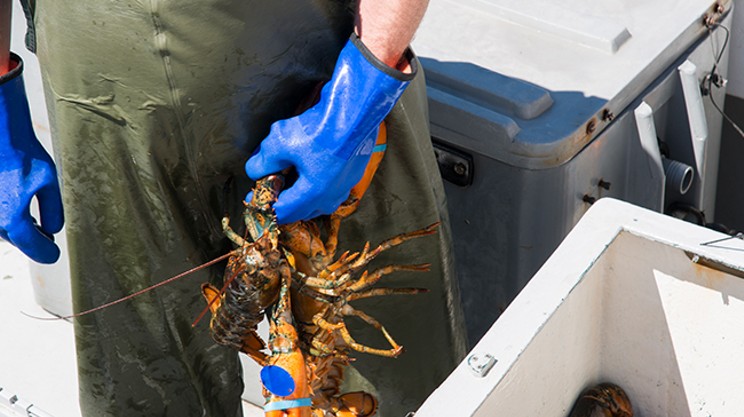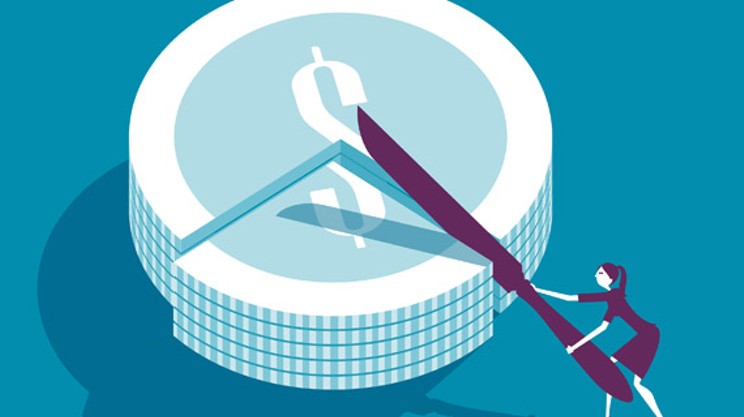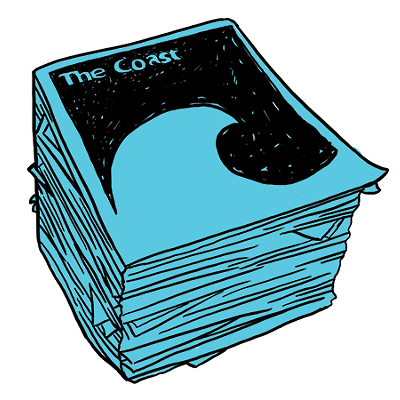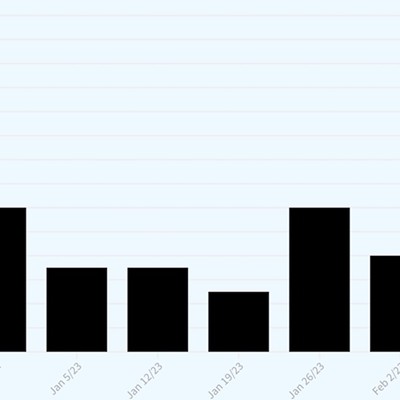Where to start
Employment Insurance is administered by the federal government. Visit canada.ca to start an application.
Types of benefits
If you're applying because you yourself are sick with COVID-19 or quarantined, apply for sickness benefits. If your workplace is shut down or has laid you off, apply for regular benefits.
New due to COVID-19
The government has waived the one-week waiting period for new sickness benefits claims and implemented a new toll-free number for these calls: 1-833-381-2725. It also doesn't require a medical certificate right now.
What to have
A record of employment (ROE) for any jobs you've had in the past 52-week period.
Am I eligible?
You qualify based on the eligible hours you've worked in the past 52 weeks, which vary with the unemployment rate in your area. For Halifax, the unemployment rate is 6.6 percent, meaning you must have worked 665 eligible hours to qualify for 15 weeks of EI benefits. If you've worked more hours, you can receive up to 38 weeks of benefits in total.
How much will I get?
Have pay stubs handy to enter up to 21 examples of your "best weeks" of pay. Your EI will be based on 55 percent of your average income. You won't know the amount you qualify for up front but will get a letter with your benefit statement, and an access code to the Internet Reporting Service. The government requires bi-weekly reports from you to continue receiving EI, including information about whether you're making any money and looking for jobs in the meantime.
For business owners
The funding period for the Work Sharing program from Service Canada has doubled during COVID-19, to 76 weeks total. On Wednesday, Trudeau also announced a Temporary Wage Subsidy for small businesses, which would provide 10 percent of employees wages for three months.
Emergency Care Benefit
Trudeau announced this new benefit for those who are self-isolating, in quarantine, or taking care of sick family members but don't qualify for EI. You could receive up to $900 bi-weekly for a 14-week period.
Emergency Support Benefit
For people who lose their job due to COVID-19 and don't qualify for EI—because of not enough hours worked, or being self-employed.
Update March 26, 2020
The federal government announced the Canada Emergency Response Benefit (CERB), which combines the Emergency Care Benefit and the Emergency Support Benefit to give Canadians who don't qualify for regular EI about $2,000 a month for up to 16 weeks. The application will be online in early April. Read more about it here.
Come back here or check with NS public health for the latest reliable updates. In the meantime, wash your hands, cover your cough, wipe commonly used surfaces and stay home if you feel sick.

